
Titles for People in Korean Korean words, Korean language, Learn korean
Taken together, 잘 지냈어요 ( jal jinaesseoyo) literally means "have you spent your time well?" so it's a good way to ask if the person you're talking to has been well since the last time you saw him or her. Here are several other ways of saying "how are you" in Korean: 잘 지내셨어요? ( jal jinaesyeosseoyo?) - formal

Learn Korean Languages in Korean Learn Korean with Fun & Colorful Infographics
"How are you" is one of the most useful phrases to know when learning a new language like Korean, since it is the most common phrase used when starting a conversation. In this guide, you will learn the different ways to say how are you in Korean so you can start to open up a dialogue with people and get the conversation flowing.

LET'S LEARN HANGUL KOREAN LANGUAGE HANGUL CHART KOREAN CONSONANTS+ VOWELS Easy korean words
Jal (잘) means 'well', jinaesseoyo (지냈어요) means something in the words of 'spent time', but translated to understandable English, it is read 'Have you been well?'. The 'yo' (요) at the end tells us that's the polite form, making it suitable to use with: Talking to someone older than you. Someone who is similar age as.

Learning Korean Korean words, Learning korean grammar, Learn korean
You In Korean Before we look at the different ways to say 'you' in Korean, it is important to note that 'you' is not used in the same way as it is in English. In English, it is very common to use 'you' (e.g. Where are you going?, Are you okay?, etc), but in Korean saying the word 'you' like this is too direct and may actually sound rude.

🗨💬 What are the First Korean Phrases people learn? PS Learn Korean with the best FREE online
Are you curious about the Korean language? Or maybe you want to know the difference between how people speak in South Korea and North Korea? You've come to the right place! Apart from learning facts about Korea and Korean culture, it's also good to know some important information about Korea's language.

Learn Korean Frases coreanas, Alfabeto coreano, Libros para aprender coreano
Formal: Informal: How to say 'thank you': Thank you 감사합니다 Gam-sa-ham-ni-da Check out this video to hear the pronunciation of the informal form phrases: How to Say "How Are You" | Learn Korean Watch on It's also useful to know how to say 'and you?' to find out how someone else is if they ask you. Formal:
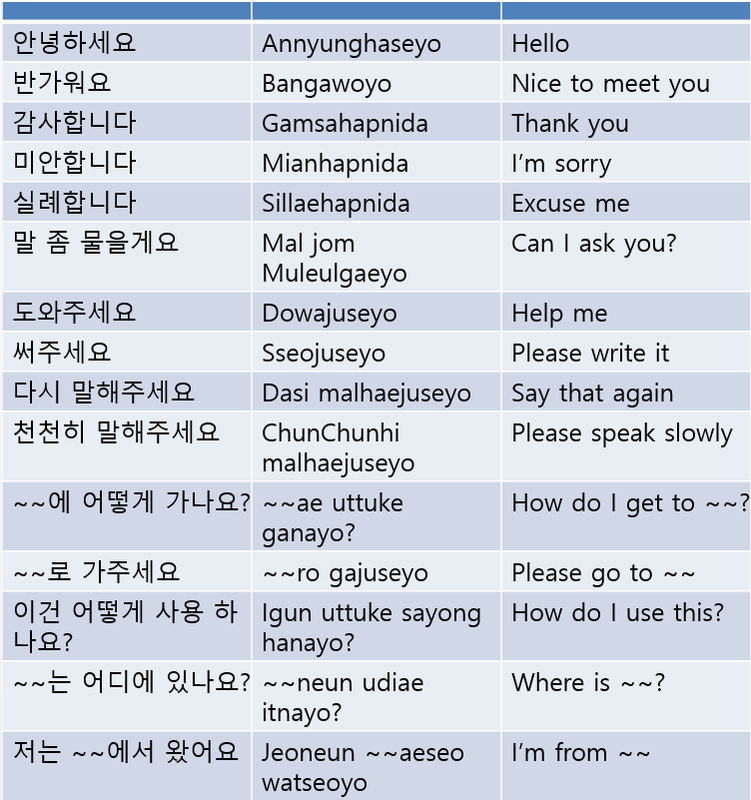
Basic Korean My School Abroad
2.1 #1. "Do you speak English?" in Korean 2.2 #2. "Do you speak Korean?" in Korean 2.3 #3. "What's your name?" in Korean 2.4 #4. "How are you" in Korean 2.5 #5. "What do you like to do in your free time?" in Korean 2.6 #6. "What are your plans for the weekend?" in Korean 3 Wrap Up How do you start a Korean conversation?
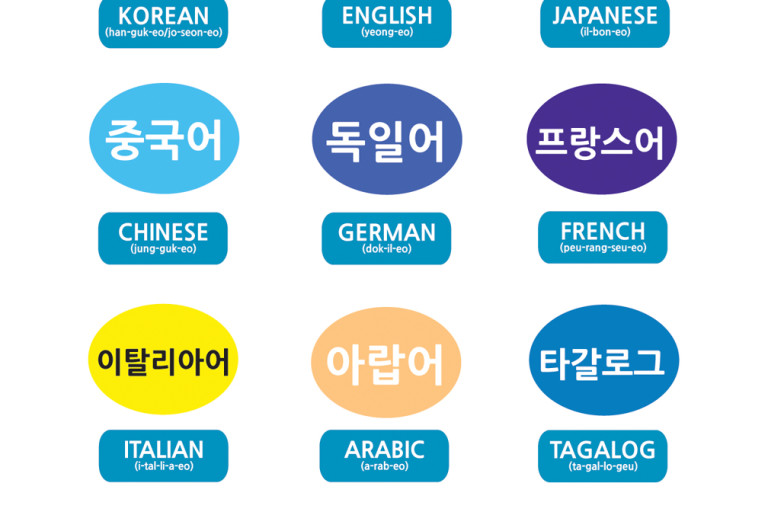
Learn Korean Languages in Korean Learn Korean with Fun & Colorful Infographics Dom & Hyo
1. How are you? This is the most basic way to ask how are you in Korean. Do you see the "yo" at the end of the first example? Sentences written in formal speech often end with ~요(yo). That's something you should remember. Now, let's break these phrases down. Here are the words you should know.

Basic Korean Verbs You Should Know (Pt.1) Korean verbs, Learn basic korean, Korean language
Koreans do this by basically "lowering" themselves or "elevating" the other person through the use of language. For example, by using the word jeo (저) to express "I", Koreans are essentially expressing humility and lowering themselves, while na (나) is only used with close friends and younger people. This brings us to one of the.

The standard and most common way of saying "I love you" in Korean is "saranghae" (in Hangul 사랑해
13 ways to say "Very" in Korean Talk To Me In Korean 116K views 4 years ago How to learn Korean in 2024 (Apps, Resources, Methods and Motivation) Talk To Me In Korean 8.8K views 16 hours.
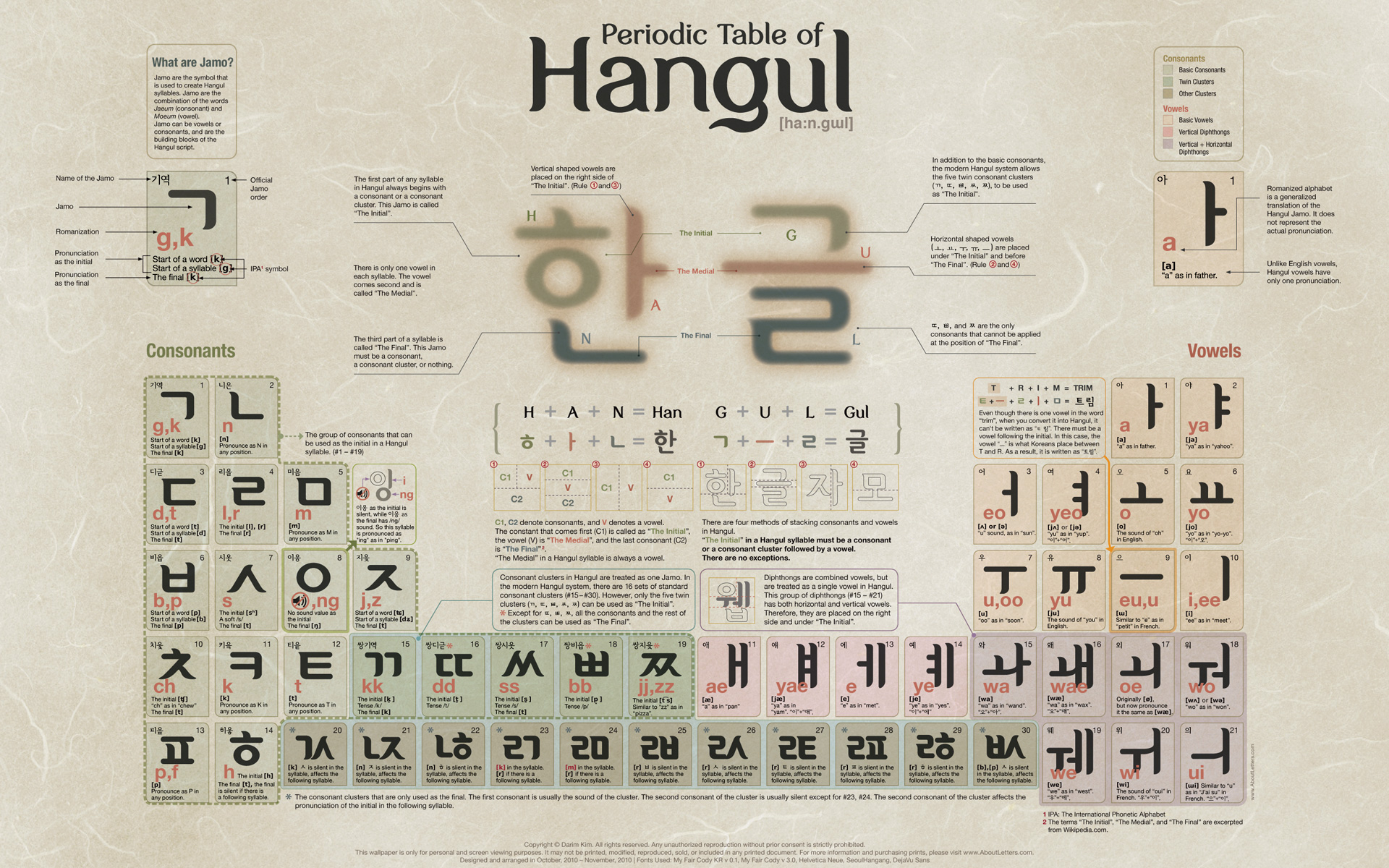
Learn How to Read ANYTHING in Korea by Learning Hangul Key to Korean
Play. English Translation: Very long time no see. In case you have a pal you have not seen for a really very long time and also you unexpectedly met them someplace, you'll be able to say 오랜만이야 (Oraenmaniya.). As a result of this is likely one of the casual methods to say How are you in Korean, you must solely use it in your shut mates.
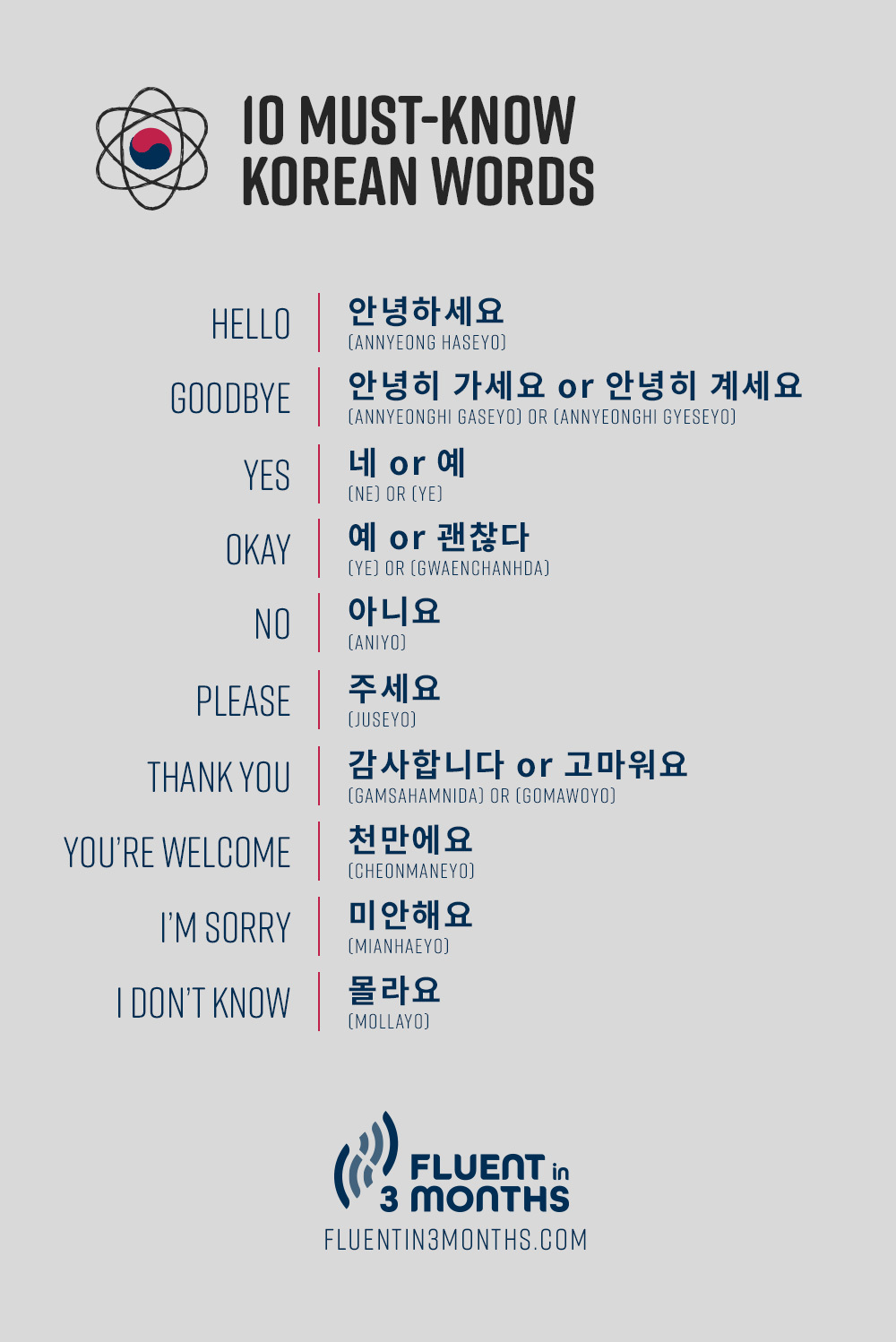
111 Core Korean Words — Basic Korean Words You Need to Learn First
This is your ultimate compilation to get started with Korean in 30 Minutes! Don't forget to create your free account here https://goo.gl/eWBYb3 to access per.

Learn Korean in 2020 Korean words learning, Learn korean, Korean language
The world's most popular way to learn Korean online. Learn Korean in just 5 minutes a day with our game-like lessons. Whether you're a beginner starting with the basics or looking to practice your reading, writing, and speaking, Duolingo is scientifically proven to work. Bite-sized Korean lessons. Fun, effective, and 100% free.

How to Say Love in Korean Korean language learning, Korean words, Korean language
The closest translation to 'How are you?' in Korean is '잘 지냈어요?'. This is made up of the '잘' which means 'well' and the verb '지내다' which means 'to live/stay in a certain state or condition'. So, '잘 지냈어요?' literally means 'Have you stayed well?' / 'Have you lived well?'. As you can.
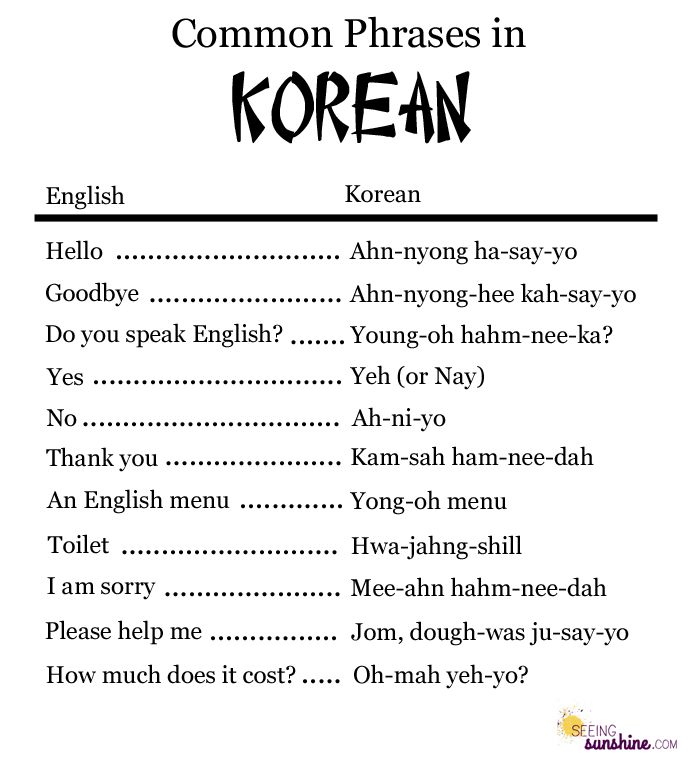
Common Phrases in Korean Seeing Sunshine
Things to know when meeting new people in Korea It's good to go over a couple of points on the manners and culture in Korea first. This is extremely important if you're in South Korea. After you've learned them, we'll get started on how to introduce yourself in Korean!
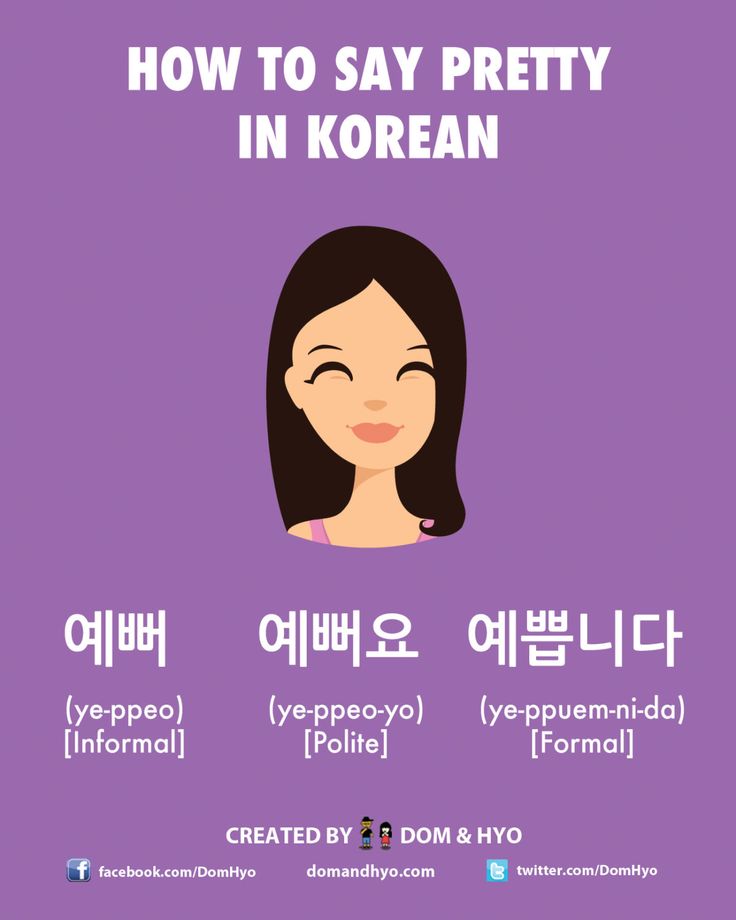
Educational infographic Korean Language Infographics Learn Basic Korean Vocabulary & Phrases
With friends, family, or those younger than you, informal phrases are appropriate: 미안 (mian): Sorry; a simple and direct way to apologize. 미안해 (mianhae): I'm sorry; a more heartfelt informal apology. 미안해요 (mianhaeyo): I'm sorry; slightly more polite than 미안해. Remember, body language and tone are also crucial when.